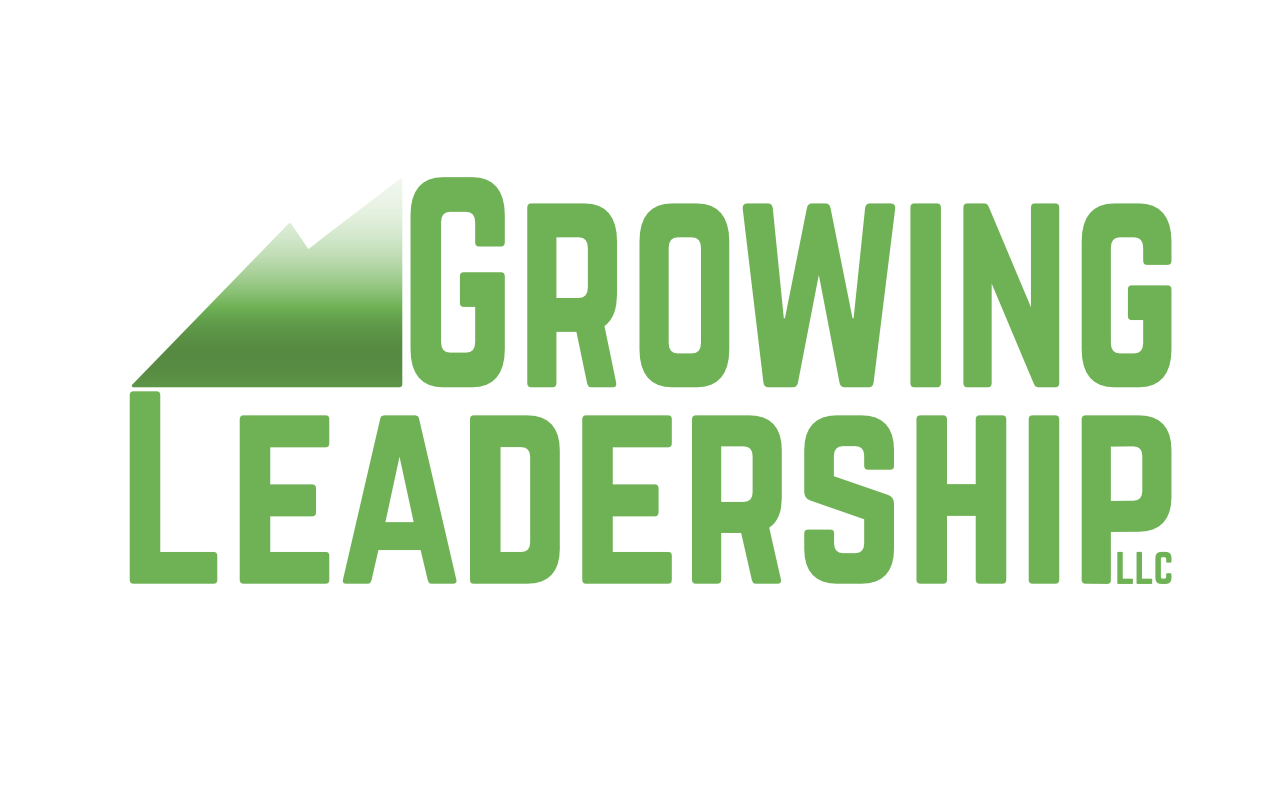I have written about the importance of embracing change and am getting a big dose of my own medicine. After 36 years in the same house, my wife and I are moving and struggling to reorganize and throw out many possessions that have accumulated over many years. I am working to keep my eye on the prize, even as I struggle through all the endless tasks. What changes are you resisting that could make your life better?
Read MoreIt seems like conversations these days are as a difficult as ever. Whether with family members, work colleagues, employees, or strangers, the ability to have a productive discussion on any topic where there might be disagreement is invariably fraught. This is especially true when the subject veers into politics. These are three key skills to apply to difficult conversations. . .
Read MoreAccording to the Harvard Medical School, resilience and positively coping with stress have many health benefits including longevity, lower rates of depression, and greater life satisfaction. How do you manage when facing unexpected setbacks in life or work? Are you clear about the goals and principles that guide your life that will help overcome adversity? Consider what steps you can take to clarify your life goals and up your resiliency game.
Read MoreAre you clear about what is most important to you in life and work? Make a list of your top values and goals, then ponder how much your day-to-day activities support these goals. Consider what you could change and list three specific actions to move in that direction. Aside from the benefits of making sound decisions, having clear goals and priorities fosters resilience, defined as the capacity to recover quickly from difficulties.
Read MoreResearch indicates that at least 50% of the US workforce are psychologically detached from their work and not giving their maximum effort. A key reason is ineffective leadership -- bosses who fail to engage, inspire, and manage their direct reports. The most successful managers take time to get know their employees as people, too. Benjamin Franklin once observed, “No one cares what you know until they know that you care!”
Read MoreIt is awfully easy to fall into a funk of despair when you consider workplace dissatisfaction on top of problems like political polarization. But, as one commentator observed, being human is holding on to hope and despair at the same time. Engagement and hope are connected, too. So, change is on us – if we don’t like what we see, it is our responsibility to act.
Read MoreA positive work climate starts at the top with leaders investing time in people and showing that they care. A core skill is empathy, which Inc.com columnist Justin Bariso describes as, “understanding others’ thoughts and feelings to help you connect with them. . . . to see things through their eyes.” How are you doing when it comes to applying empathy, curiosity and listening skills in your life and work?
Read MoreConstantly checking your phone can be a distraction, reactively diminishing minutes (adding up to hours) that could be applied proactively to important tasks. I recommend, too, that businesses clarify expectations on reading and answering work emails during off-hours. People need a break from work to recharge their batteries, avoid burnout, and maintain high levels of productivity! This necessitates a paradigm shift
Read MoreI wrote previously that courage to change is a fundamental aspect of growing as a person and leader. Lately, I have been thinking about social change, especially as it applies to our dysfunctional politics. Our country is suffering from declines in social capital, civic education, manners/kindness, and basic conversation/interpersonal skills that are feeding this problem. Are you willing to contribute to finding a way past this difficult challenge? Read more in my recent column in NH Business Review.
Read MoreA key leadership competency is effectively solving problems and teaching problem solving skills to others. This includes recognizing problems as they occur, understanding when to intervene, analysis and solutions development, training skills, and a willingness to step in when required. Of course, we all want to avoid having problems whenever possible. It is thus important to adopt a “Five P Philosophy”. . .
Read More
